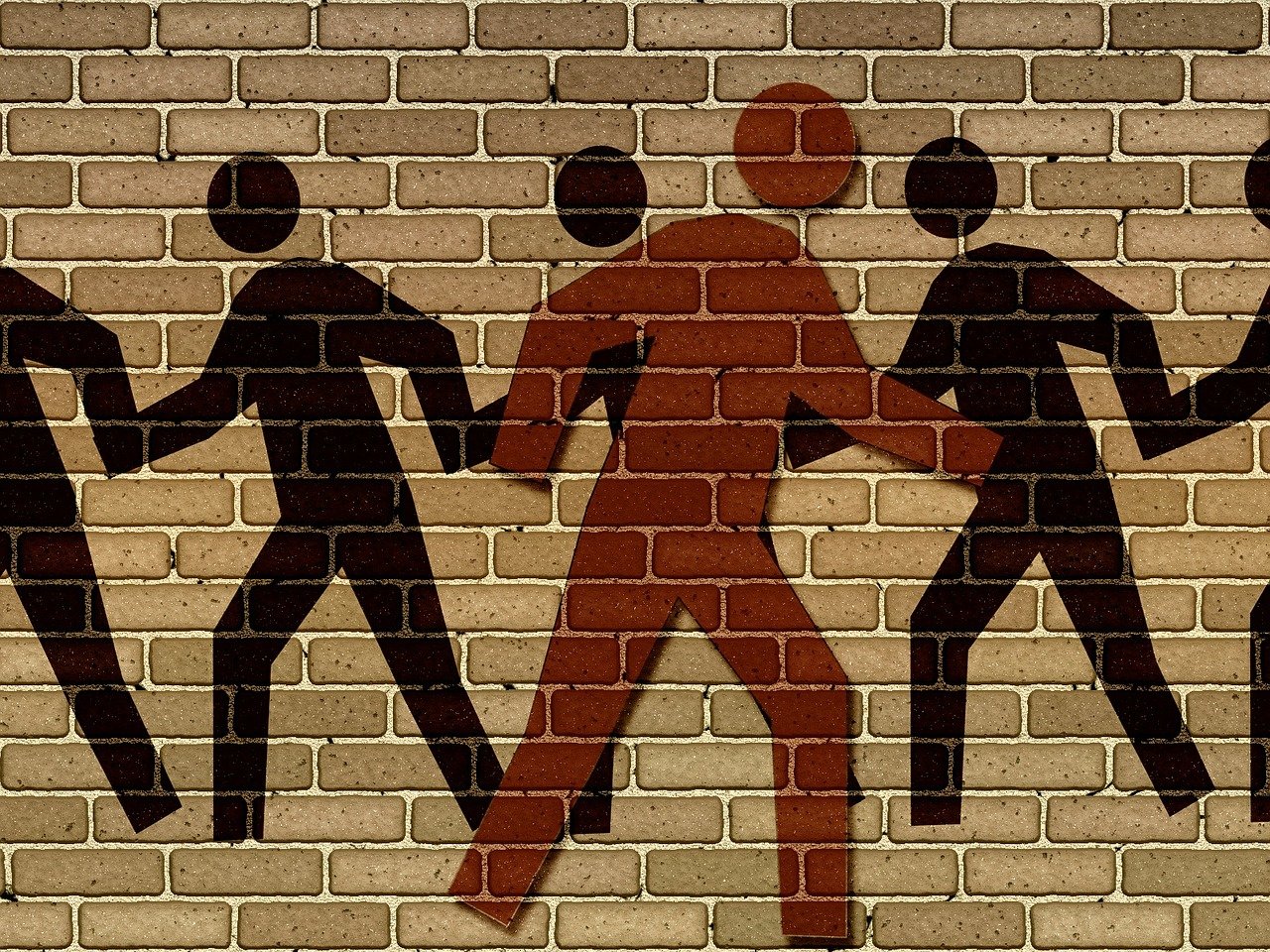Individualism: The Basis of Public Health or Its Nemesis?

```html
The Erosion of Individual Liberty in the Name of Pandemic Preparedness
The Shifting Sands of Medical Ethics
Modern medical ethics, deeply rooted in human rights, champions individual freedom of choice. Informed consent is paramount. Yet, recent years have witnessed a troubling resurgence of arguments against bodily autonomy, threatening to wrest control from the individual and place it in the hands of authorities.
History teaches us a stark lesson: power corrupts. The abuses of European fascism and the eugenics movements of the early 20th century stand as chilling reminders of the dangers of unchecked authority over individual health decisions.
The Dangers of Collective Thinking
Psychological studies reveal a disturbing truth: ordinary people can become perpetrators of abuse when swept up in a "mob mentality." Furthermore, if all individuals are deemed equal, how can one person justifiably exert control over another's body and dictate their beliefs and values?
From caste systems and slavery to colonialism and forced sterilization, history is rife with examples of inequality and its devastating consequences. Ethnically motivated violence and discrimination persist to this day, reminding us that such ideologies are not relics of the past.
Individualism: A Cornerstone of Freedom
The antithesis of authoritarianism is individualism—a core tenet of political thought. It recognizes the inherent dignity, autonomy, and moral worth of every human being, treating them as "ends in themselves." Without valuing individualism, informed consent becomes meaningless.
Post-World War II medical ethics affirmed the individual's right to determine their own treatment. Exceptions exist for individuals with severe mental illness or those intending to harm others. The Siracusa Principles also allow for limitations on certain rights in the face of grave public health threats. However, these exceptions are ripe for exploitation.
The Rise of Authoritarianism in Public Health
The COVID-19 pandemic provided fertile ground for the erosion of individual liberties. Slogans like "We're all in this together" masked a disturbing trend towards collectivist thinking that demonized individual choice and prioritized a perceived "greater good."
This tension between public good and individual choice lies at the heart of the debate. While a sense of collective responsibility is commendable, the COVID-19 response saw it weaponized to justify the restriction of fundamental freedoms. A disturbing example is a JAMA article suggesting that doctors holding "false beliefs" about COVID-19 were neurologically ill and incapable of informed consent—a chilling echo of Soviet-era tactics.
International Instruments and the Assault on Individualism
Recent international documents on pandemic preparedness reveal a concerning push to downplay individual rights. The Global Pandemic Monitoring Board (GPMB), endorsed by the WHO, identified "individualism" as a major pandemic risk driver, citing a single, flawed study. The Elders, a group with overlapping membership with the GPMB, echoed these claims.
The cited study, by Huang et al., exhibits methodological weaknesses and promotes a concerning view of collectivism. It equates Nobel Prize winners with a negative societal tendency toward individualism, suggesting that communist regimes foster superior public health outcomes through "value inculcation" and media control.
The Draft Pandemic Agreement: A Threat to Liberty?
The draft Pandemic Agreement, currently under negotiation, has introduced a new clause suggesting individual responsibility for the "observance of the objective of the present Agreement." This vague wording raises profound concerns about the scope of these responsibilities and their potential enforcement. Could this pave the way for coercive medical interventions and the curtailment of fundamental freedoms?
While pre-COVID-19 WHO guidelines emphasized a "whole-of-society" approach to pandemic preparedness, the emphasis on individual responsibility has expanded significantly since the pandemic. This raises complex questions about what constitutes "reasonable guidance" and the individual's right to informed choice based on reliable evidence, not institutional dictates.
The Logic of Restriction: Profiting from the Pandemic
The COVID-19 response witnessed an unprecedented transfer of wealth to a select few, driven by restrictions on fundamental human rights. The vast pandemic industry, fueled by surveillance and vaccine-related interventions, has a vested interest in perpetuating this system of control.
The attack on individualism, based on flimsy evidence, is consistent with this authoritarian trend. The WHO's definition of health encompasses physical, mental, and social well-being. How can forcing individuals to relinquish their autonomy and comply with dictates of others possibly promote these goals?
A Call to Protect Individual Liberty
The attempt to codify the notion that individualism is a health threat into international law should be met with alarm. Modern public health ethics must remain grounded in the protection of individual human rights. We must resist this dangerous slide towards authoritarianism and reaffirm the individual as the primary unit of moral concern and the ultimate arbiter of their own healthcare decisions.